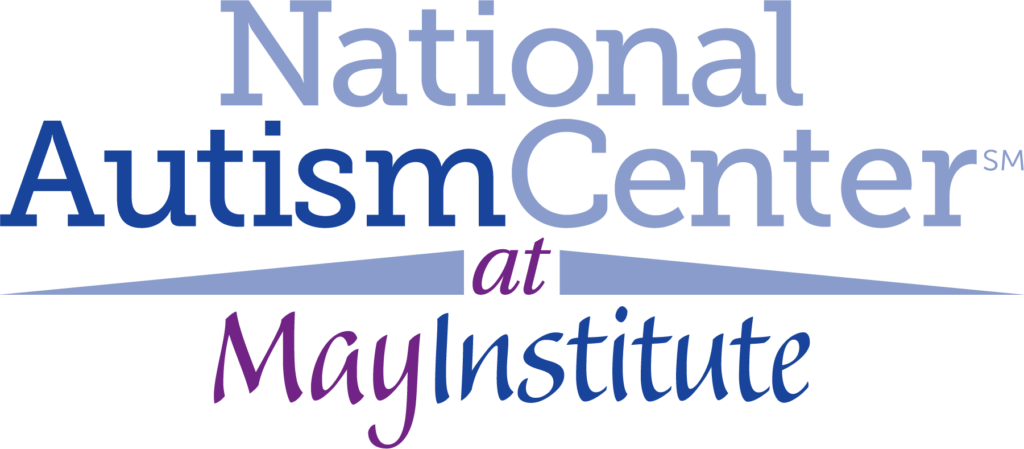Recent posts
National Autism Center Releases Groundbreaking Report on Autism Treatments
Randolph, Mass. – The National Autism Center, a nonprofit organization dedicated to serving individuals with Autism Spectrum Disorders (ASD), today released its National Standards Report, the most comprehensive analysis of treatments for children and adolescents with ASD ever published.
“This report cuts through the confusing and often conflicting information about the myriad treatments available for ASD,” said Susan M. Wilczynski, Ph.D., BCBA, Executive Director of the National Autism Center. “It is designed to serve as a single, authoritative source of guidance for parents, caregivers, educators, and service providers as they make informed treatment decisions.”
The report is the culmination of the National Standards Project, a multi-year project that began with more than 6,400 research abstracts about autism treatments and concluded with a comprehensive National Standards Report. Forty-five nationally recognized scholars, researchers, experts in autism, and other leaders representing diverse fields of study were involved in the project. The report includes, among other findings, 11 “established” treatments that produce beneficial outcomes and are known to be effective for individuals (under 22) on the autism spectrum.
“The National Standards Report covers a broad range of applied treatments and identifies the levels of scientific evidence available for each one,” continued Dr. Wilczynski. “These treatments target the core symptoms of autism, as well as many other challenges that individuals on the autism spectrum face.”
In addition to 11 established treatments, the report identifies 22 “emerging” treatments that have some evidence of effectiveness, but still require more research, and five “unestablished” treatments that have little or no evidence of effectiveness. Nearly 90% of the established treatments came from behavioral literature (i.e. applied behavior analysis, behavioral psychology, and positive behavior support). The report also identifies limitations of the existing autism treatment research and encourages the scientific community to more aggressively pursue targeted treatment research.
“The National Standards Project will provide guidance, encourage families and service providers to make informed decisions, and promote the use of evidence-based treatments,” said Patricia Wright, Ph.D., MPH, National Director of Autism Services for Easter Seals, Inc., and one of dozens of individuals and organizations from around the country who are expressing support for national standards. “With the implementation of these standards, our outcome will be citizens with autism who move into adulthood with increased skills and the ability to contribute their talents to our diverse communities.”
The National Autism Center is disseminating the results of the National Standards Project in order to provide families and professionals with better tools to make treatment decisions to meet the needs of individuals with ASD in their care.
“Families have waited a long time for something like the National Standards Project, which will provide direction for parents and educators so they can be confident in their decisions and not waste valuable time and money on unproven treatments,” said Lisa Borges, Executive Director of The Doug Flutie, Jr. Foundation for Autism, Inc.

